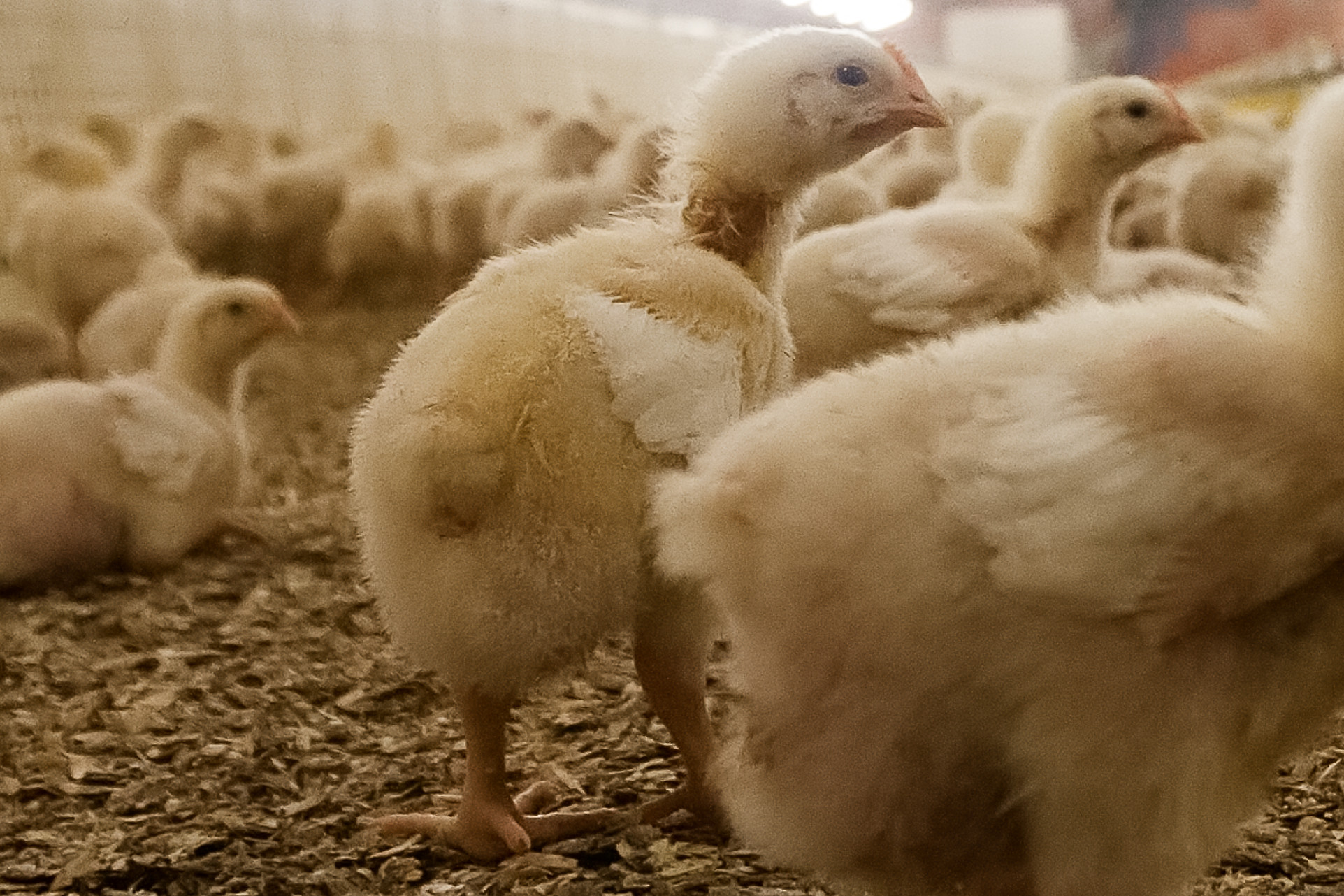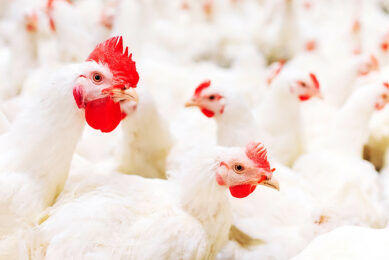5 frequently asked questions about probiotics for poultry

Probiotics are defined as live microorganisms which can confer a health benefit for the host animal when administered in appropriate and regular quantities. A US company has listed the 5 most frequently asked questions about feeding probiotics to poultry.
“Probiotic supplements are available to help populate the digestive tract with beneficial bacteria,” says Julian (Skip) Olson, DVM, technical services manager for Milk Products. “Feeding probiotics can help support the animal’s immune system and keep a flock healthy and happy.”
Here are 5 frequently asked questions about poultry probiotics:
 Why do my chickens need probiotics?
Why do my chickens need probiotics?
“Probiotics are beneficial microorganisms,” says Olson. “They help support digestive health by supporting a more diverse population of beneficial bacteria in the digestive tract.” Digestive health is especially important for raising a healthy flock. Birds establish gut microflora through the feed they eat and the environment in which they’re raised. “The goal of feeding a probiotic is to populate the digestive tract with beneficial bacteria, so pathogens like E. coli, Salmonella, and Clostridium have less room to grow,” says Olson. “Feeding probiotics early in life to chicks can help give them a head start to good health.”
 What probiotics should I feed my flock?
What probiotics should I feed my flock?
Various strains of bacteria can be found in probiotics. However, it’s important to choose the right strain of probiotic to receive the intended benefits. “When looking for a probiotic for your birds, look for one with Bacillus subtilis, a very hardy strain of beneficial bacteria which populates rapidly. Other probiotics are often mixtures of bacteria such as Lactobacillus, Bifidobacterium and other unknown strains,” says Olson.
 How does a Bacillus subtilis probiotic work?
How does a Bacillus subtilis probiotic work?
Many strains of Bacillus subtilis bacteria exist in nature. Like other feed ingredients – vitamins, minerals and protein – it is important to select the right product for your birds’ needs. The mode of action of probiotics in poultry includes maintaining normal intestinal microflora by competitive exclusion and antagonism resulting in:
- Altered metabolism by increasing digestive enzyme activity and decreasing bacterial enzyme activity and ammonia production
- Improved feed intake and digestion
- Neutralised enterotoxins and stimulating the immune system
“What this means is good bacteria populate quickly, not allowing bad bacteria to grow and take over,” says Olson. “If the right probiotic is chosen, the microflora will remain stable while lowering the risk of intestinal pathogens becoming a problem.”
 When should probiotics be offered?
When should probiotics be offered?
“Probiotics can be offered to birds of all ages. While they can be fed daily to maintain a healthy digestive system, probiotics can work best during times of stress and after antibiotic treatment,” says Olson. Poultry can undergo stress at different times in their life, including:
- Hatching
- Temperature changes
- Transportation
- New environment
- Feed and water changes
“An animal’s immune system is suppressed during times of stress. Their feed and water intake may also decrease at the same time,” says Olson. “It is important to help wherever possible to keep them clean, dry and comfortable in addition to keeping them hydrated and providing supportive products, including probiotics.”
 How should I feed probiotics to my chickens?
How should I feed probiotics to my chickens?
“Probiotics come in powder form and can easily be mixed in water then fed to your birds in their drinking water,” says Olson.
Feeding tips:
|
“Feeding probiotics can help get your flock off to a healthy start. Continue to feed probiotics through every life stage to maintain a healthy digestive system,” says Olson.











